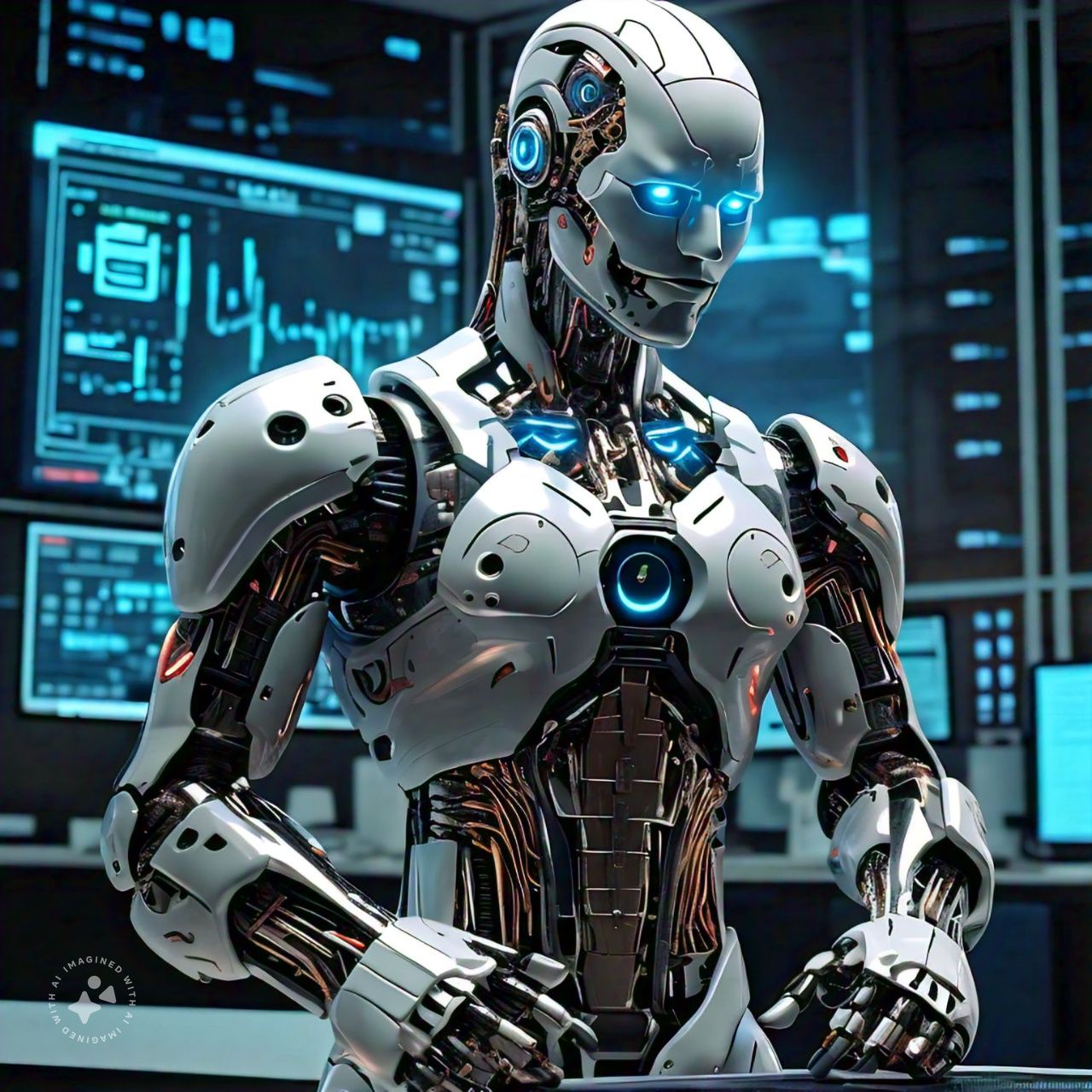The Capabilities of AI

AI has demonstrated remarkable capabilities in recent years. From beating world champions in complex games like chess and Go to driving cars autonomously, AI systems have shown that they can perform specific tasks with high precision and efficiency. Machine learning algorithms can analyze vast amounts of data faster and more accurately than humans, making them invaluable in fields like healthcare, finance, and logistics. In creative domains, AI is composing music, generating art, and even writing articles. The efficiency and productivity gains from AI are undeniable.
The Limitations of AI

Despite its impressive capabilities, AI has significant limitations. AI systems excel in well-defined, rule-based tasks but struggle with ambiguity and tasks requiring common sense, empathy, and ethical judgments. AI lacks the emotional intelligence and consciousness that are intrinsic to humans. It cannot understand context in the way humans do, making it difficult for AI to fully grasp the nuances of human interaction and decision-making. Furthermore, AI systems rely on data for training, and any bias in the data can lead to biased outcomes, which can be problematic in critical applications.
The Human Touch

Many aspects of human experience and certain job functions require a human touch that AI cannot replicate. Professions that involve empathy, creativity, and complex problem-solving—such as healthcare, education, and the arts—benefit from human qualities like compassion, creativity, and moral reasoning. While AI can assist and augment human capabilities in these fields, it is unlikely to replace the intrinsic value of human presence and interaction.
Ethical and Social Considerations

The prospect of AI replacing humans raises several ethical and social concerns. There is the issue of job displacement, where AI and automation could lead to significant unemployment and social inequality. The ethical implications of AI decision-making also pose challenges, particularly in areas like criminal justice and surveillance, where bias and accountability are critical concerns. Ensuring that AI development and deployment are aligned with human values and ethical principles is crucial to addressing these challenges.
The Future of Human-AI Collaboration

Rather than replacing humans, the future of AI is likely to involve a collaborative relationship between humans and machines. AI can handle repetitive and data-intensive tasks, freeing up humans to focus on areas where they excel. This collaboration can lead to increased innovation, productivity, and enhanced quality of life. Preparing for this future requires a focus on education and reskilling to equip people with the knowledge and skills needed to work alongside AI.
conclusion
While AI has the potential to transform many aspects of our lives, the idea of AI totally replacing humans is far-fetched. AI and humans have different strengths and weaknesses, and the future lies in leveraging these complementary capabilities. By fostering a collaborative environment where AI augments human potential, we can create a future where technology enhances our abilities and enriches our lives.


7